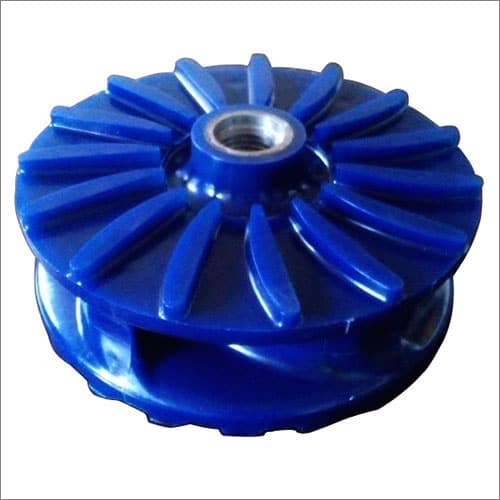- Shifo Industrial Zone, Anguo City, Hebei Province,China
- +8618831216699
sale@nlpumps.com

Understanding the Importance of Slurry Pump Impellers

Slurry pumps are an essential component of many industrial processes, particularly in mining, mineral processing, and other heavy-duty applications. They are designed to handle abrasive and corrosive slurries, which are mixtures of solid particles suspended in a liquid. One crucial part of a slurry pump is the impeller, which plays a critical role in the pump's performance and efficiency.
The impeller is the rotating component of a slurry pump that transfers energy from the pump's motor to the slurry, creating the necessary centrifugal force to move the slurry through the pump and into the discharge pipeline. It consists of blades or vanes that are mounted on a hub and designed to propel the slurry by converting the rotational energy into kinetic energy. The design and quality of the impeller are crucial to ensure efficient and reliable slurry pump operation.
One of the key considerations in impeller design is the type of slurry being pumped. Slurries can vary greatly in terms of their particle size, shape, and concentration, as well as their abrasiveness and corrosiveness. Different impeller designs are available to suit various slurry characteristics. For example, open impellers with large clearances between the blades and the pump casing are suitable for pumping slurry with large particles, while closed impellers with smaller clearances are better for fine particles. Hardened materials such as high-chrome alloys or rubber coatings may be used to protect the impeller from wear caused by abrasive slurries.
The impeller's shape and size also impact the pump's performance. Impellers can have different numbers of blades and blade angles, which affect the pump's flow rate, head, and efficiency. For example, impellers with fewer blades may be more efficient at higher flow rates, while those with more blades may be better suited for lower flow rates. Additionally, the blade angle can affect the pump's ability to handle solids and prevent clogging. Properly selecting the impeller design for a specific slurry application is critical to achieving optimal pump performance and avoiding premature wear and failure.
Maintenance and inspection of the impeller are also crucial to ensure reliable slurry pump operation. Due to the abrasive nature of slurries, impellers can experience wear over time, leading to reduced pump performance and efficiency. Regular inspections and monitoring of the impeller's condition, including checking for wear, erosion, or damage, are necessary to identify and address any issues promptly. Replacing the impeller when it becomes worn or damaged is essential to avoid further damage to the pump and maintain efficient slurry pumping.
In conclusion, the impeller is a critical component of slurry pumps and plays a significant role in their performance and efficiency. Proper impeller design, selection, and maintenance are essential to ensure reliable and efficient slurry pumping operations. Understanding the importance of the slurry pump impeller and its impact on pump performance is crucial for industries that rely on slurry pumps for their processes.